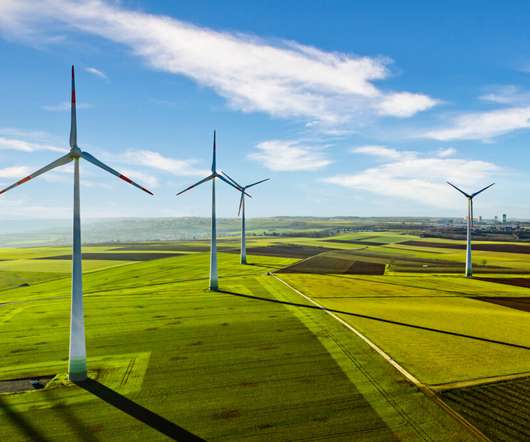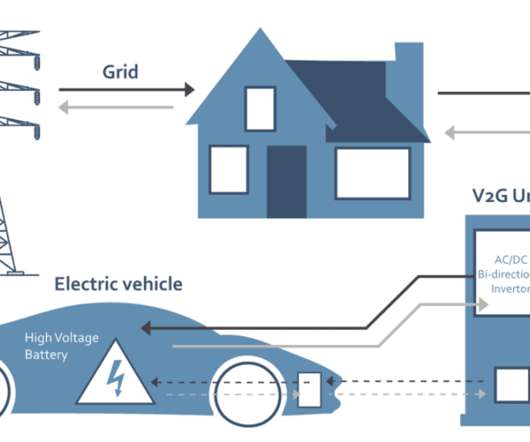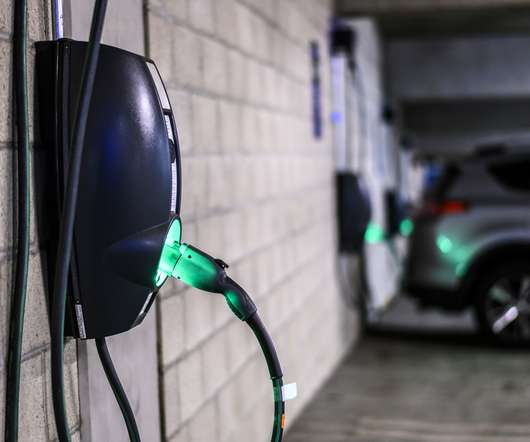The Role of Power Utilities in Turning EVs into a Grid Asset – Part 2
Driivz
MAY 10, 2022
But whether or not utilities own and operate EV charging infrastructure, they will benefit from smart charging and energy management. . Smart EV charging uses chargers that communicate with a management platform via a data connection. Most cars are parked 95% of the time, making EVs ideal flexibility assets for the grid.











Let's personalize your content